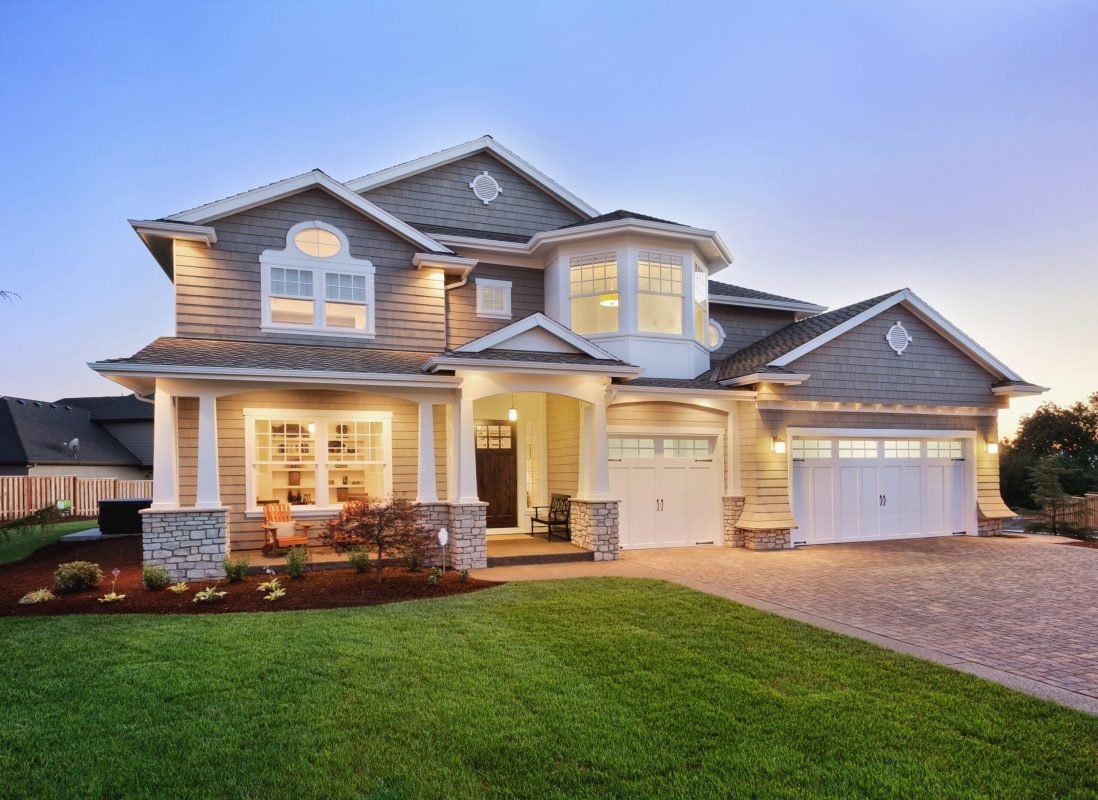In an era where technology continues to evolve at lightning speed, the concept of smart homes is no longer just a futuristic vision, it’s rapidly becoming a reality. Smart home technology, characterized by interconnected devices that enhance convenience, security, and efficiency, is transforming the way we live. Let’s explore what this means for the future of our homes and our lives.
What is Smart Home Technology?
Smart home technology refers to devices and systems that allow homeowners to control various functions remotely, often via smart phones or voice-activated assistants. This technology encompasses everything from smart lighting and thermostats to security systems and appliances. The integration of these devices creates a cohesive and automated environment that adapts to the user’s needs.
Key Components of Smart Home Technology
1. Smart Lighting
Imagine stepping into your home and having the lights turn on automatically, adjusted to your preferred brightness and color. Smart bulbs can be programmed to follow your schedule, reducing energy consumption and enhancing mood.
2. Smart Thermostats
These devices learn your heating and cooling habits, adjusting the temperature accordingly. By optimizing energy use, smart thermostats not only provide comfort but also help save on utility bills.
3. Home Security Systems
With features like smart cameras and doorbell alerts, homeowners can monitor their properties from anywhere. Real-time notifications and remote access provide peace of mind, making it easier to keep your home safe.
4. Smart Appliances
From refrigerators that manage groceries to ovens that can be preheated from your phone, smart appliances streamline daily tasks and improve efficiency in the kitchen and beyond.
5. Voice Assistants
Devices like Amazon Alexa and Google Assistant act as central hubs for your smart home, enabling voice control over multiple systems and devices, simplifying everyday interactions.
Benefits of Smart Home Technology
Convenience and Automation
The primary allure of smart home technology is convenience. Automating routine tasks—like adjusting the thermostat or turning off lights—frees up valuable time for more important activities. You can even control your home from anywhere, whether you’re at work or on vacation.
Energy Efficiency
Smart technology significantly reduces energy consumption. Smart thermostats, for instance, adjust based on your habits, ensuring you’re not heating or cooling an empty home. This efficiency not only lowers bills but also supports environmental sustainability.
Enhanced Security
Smart home security systems offer features like remote monitoring, alerts for unusual activity, and even integration with emergency services. This level of control and awareness enhances overall safety, providing homeowners with peace of mind.
Improved Lifestyle and Well-Being
Smart technology can contribute to a healthier lifestyle. For example, smart air quality monitors ensure that your living environment is free of pollutants, while smart lighting can help regulate your sleep patterns by mimicking natural light cycles.
The Future of Smart Home Technology
Looking ahead, the future of smart home technology is bright. Emerging trends point towards greater integration with artificial intelligence, allowing homes to learn and adapt to their inhabitants’ preferences more intuitively. Sustainability will also play a crucial role, with innovations focusing on energy efficiency and eco-friendly materials.
As the Internet of Things (IoT) continues to expand, the potential for creating a fully connected and personalized living experience will become more attainable. Imagine a home that not only anticipates your needs but also communicates seamlessly with other smart devices to create a harmonious living environment.
Conclusion
Smart home technology represents a paradigm shift in how we live, offering convenience, security, and efficiency. As we embrace these innovations, it’s clear that the homes of the future will be more than just living spaces, they will be intelligent environments designed to enhance our quality of life. If you haven’t already considered integrating smart technology into your home, now is the perfect time to explore the possibilities and take the first step toward a smarter, more connected future.
Top of Form
Ready to integrate smart technology into your home? Contact us today and questions in the comments below!


